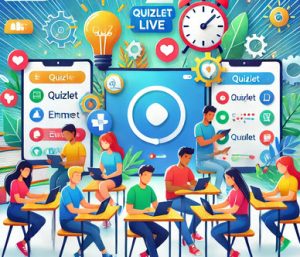
Do you have some go-to activities that you use for multiple teaching points? I have a few. I think it’s reassuring for students to see activities they recognize. They feel confident when they know what to do, and they can focus on the point being taught instead of learning the rules of a new game (ahem, I mean “learning activity”). It also doesn’t hurt that reusing ideas and materials reduces teacher prep time. For these reasons, here are three of my favourite flexible activities. Continue reading





